PROFESSOR OF WATER RESOURCES IN AUBURN UNIVERSITY’S CIVIL AND ENVIRONMENTAL ENGINEERING DEPARTMENT
Tell us about your background and current position.
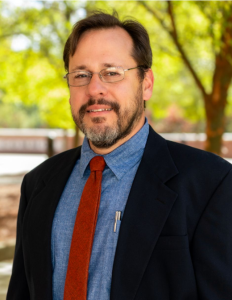 I was born in Brasilia, Brazil. I started my work in water resources via my undergraduate studies in Civil Engineering in 1990 with an interest in Sanitary Engineering, given the enormous challenges that Brazil had (and still has) in that area. After a 5-month research experience in Nagoya, Japan, I began working in stormwater management and later in a local waterworks authority. While working, I completed my MS in Water Resources in 2000 and was awarded a Brazilian government fellowship to have my Ph.D. studies at the University of Michigan in 2001.
I was born in Brasilia, Brazil. I started my work in water resources via my undergraduate studies in Civil Engineering in 1990 with an interest in Sanitary Engineering, given the enormous challenges that Brazil had (and still has) in that area. After a 5-month research experience in Nagoya, Japan, I began working in stormwater management and later in a local waterworks authority. While working, I completed my MS in Water Resources in 2000 and was awarded a Brazilian government fellowship to have my Ph.D. studies at the University of Michigan in 2001.
After completing my doctoral training in 2005, I returned to Brazil and was a faculty at the University of Brasilia for nearly 4 years. Then in 2009, I had a job offer from Auburn University, and since January 2010 I have been at the Civil and Environmental Engineering Department, working with the Water Resources group.
What are your current research projects?
All my research activities have a strong connection to water, in various aspects linked to natural and built environments. The active projects I have been involved include:
- Studying how local scour occurs in Alabama Bridges (project funded by the Alabama DOT). This study included a variety of numerical tools using river simulation models and design guidelines from the Federal Highway Administration. This research also entails continuous monitoring of local scours in four Alabama bridges and link these measurements with local gaging of stream flow velocity and depth.
- Evaluating the applicability of nature-based solutions to mitigate impacts of sea-level rise and intense rain events to coastal roadways (funded by NOAA). We are studying how rainfall, tides, and local roadway drainage impacts the level of saturation in the pavement, which reduces the loading capacity and ultimately the resiliency of these roads. The evaluation of the water stressors to this road is being developed in collaboration with the University of South Alabama and the University of Wisconsin, Madison.
- Researching the adverse effects of air-water interactions in urban stormwater systems subject to extreme rainfall event (NSF funded). This research is being performed cities that have reported such events, such as San Francisco, CA and Columbus, OH, and we are performing a collaborative work with the University of Texas, Austin and the University of Wisconsin, Madison.
-
Moores Mill Creek Watershed Plan and SWMM hydrological modeling project (funded by ADEM). Recently, our group initiated a project funded by the Alabama Department of Environmental Management to update the watershed management plan of Moores Mill Creek, which is listed in as an impaired water in the State of Alabama. This project is being led by our team in tandem with the AU Water Resources Center and will entail field data collection and hydrological modeling using the US EPA’s tool Storm Water Management Model (SWMM).
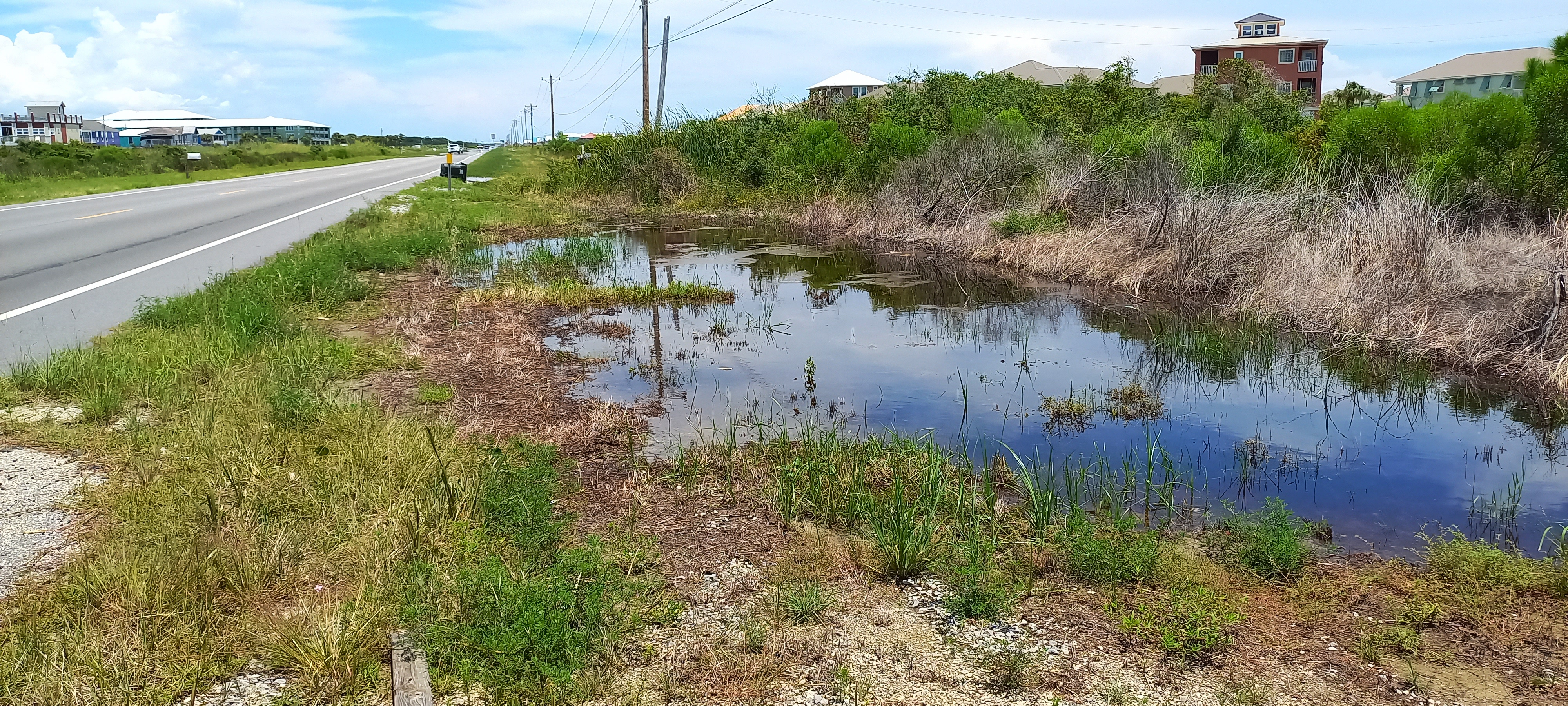
NOAA Research Project – Roadway Shoulder Flooding by AL 180
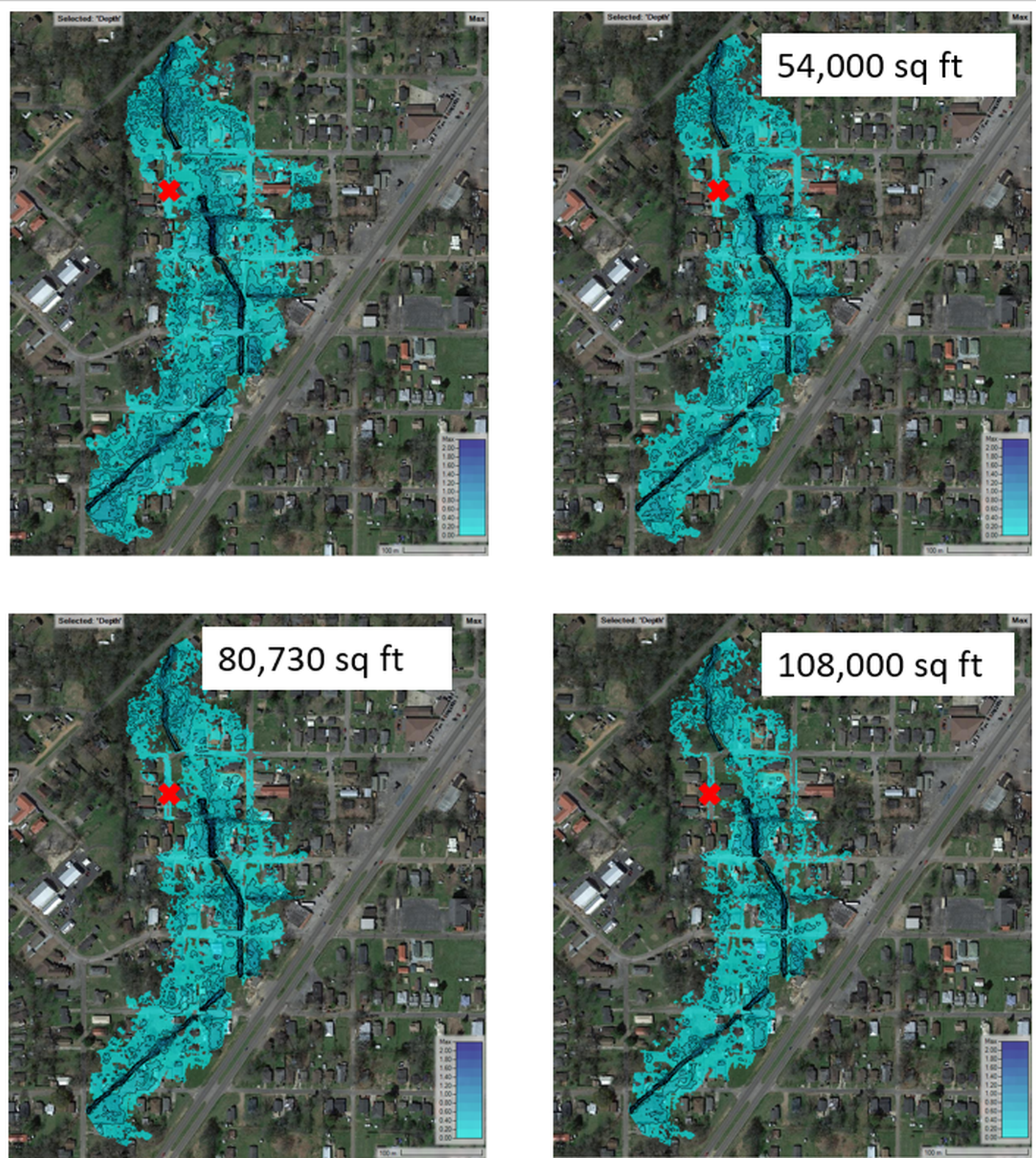
Evaluation of extents of flash flooding in urban areas with stormwater storage solutions
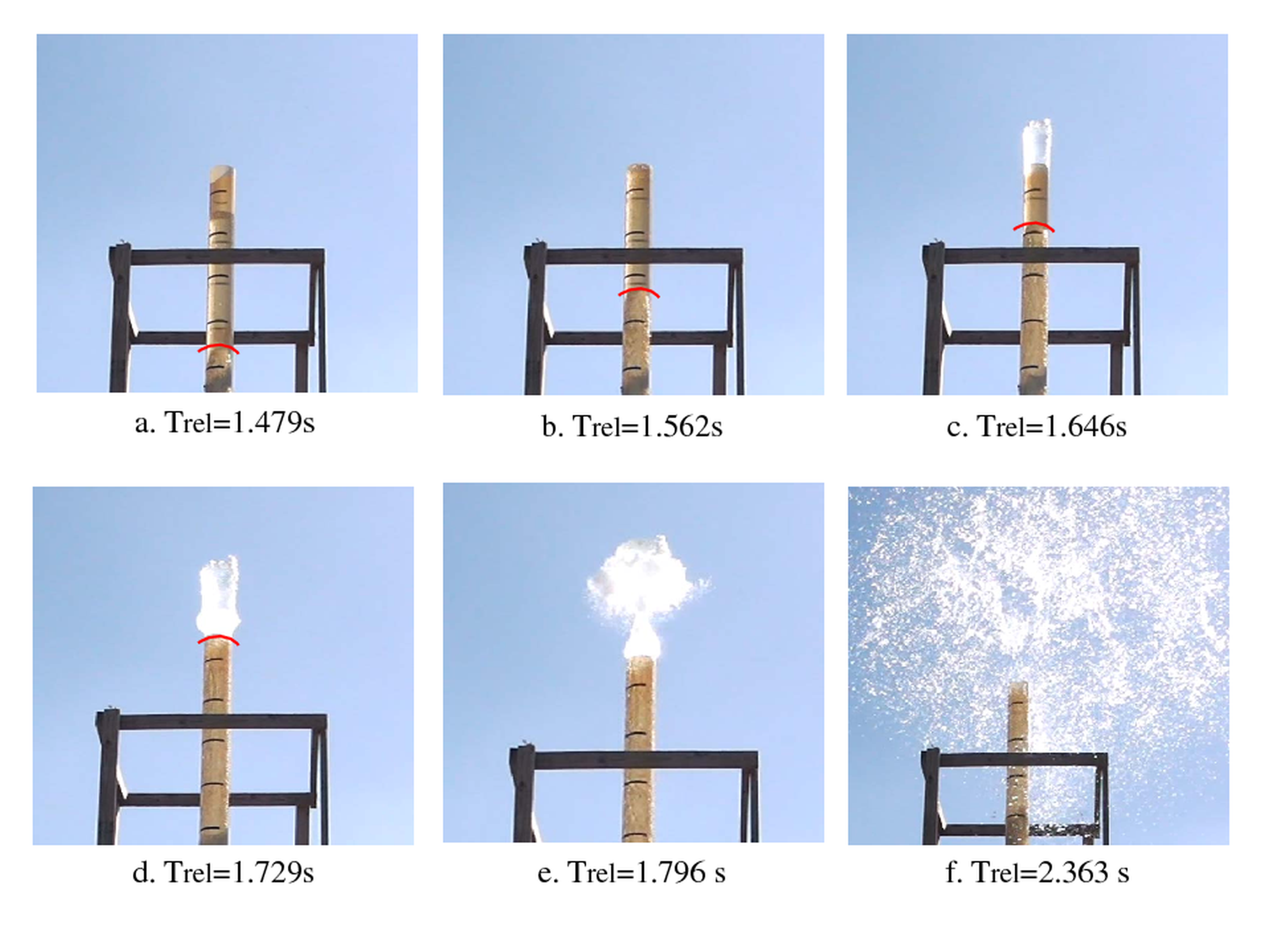
Greysering Series
What aspects of your work are you most excited about in upcoming years?
There are many things that I love about my work.
I enjoy furthering the education of undergraduate students and providing them background information on the roles that engineers can play in society and how they can work to improve society. I have served as the chair or co-chair of 28 master and Ph.D. students, and the work we have developed together has always been a learning experience while also being rewarding. I always enjoy meet these students again after their graduation and learning how they have gone on to contribute to society.
Finally, I have been serving as an advisor to Auburn’s student chapter of the Engineers Without Borders and have contributed to the design and implementation of water projects in Rwanda and more recently in Guatemala. It is gratifying to guide student groups in the development of their design work, while helping them develop an improved perspective of the challenges that poorer nations face when it comes to access to water. I look forward to continuing doing these activities in the coming years.
In your career, what’s the best advice you’ve been given?
When I was given the opportunity to study in Japan and I was pondering whether I should go, a professor in Brazil shared this piece of advice with me. He said, “people typically regret the path not taken”. I sometimes find myself taking risk-averse decisions, but then I remember this advice. We have to be open to opportunities, even if this involves some risk and leaving our comfort zones.
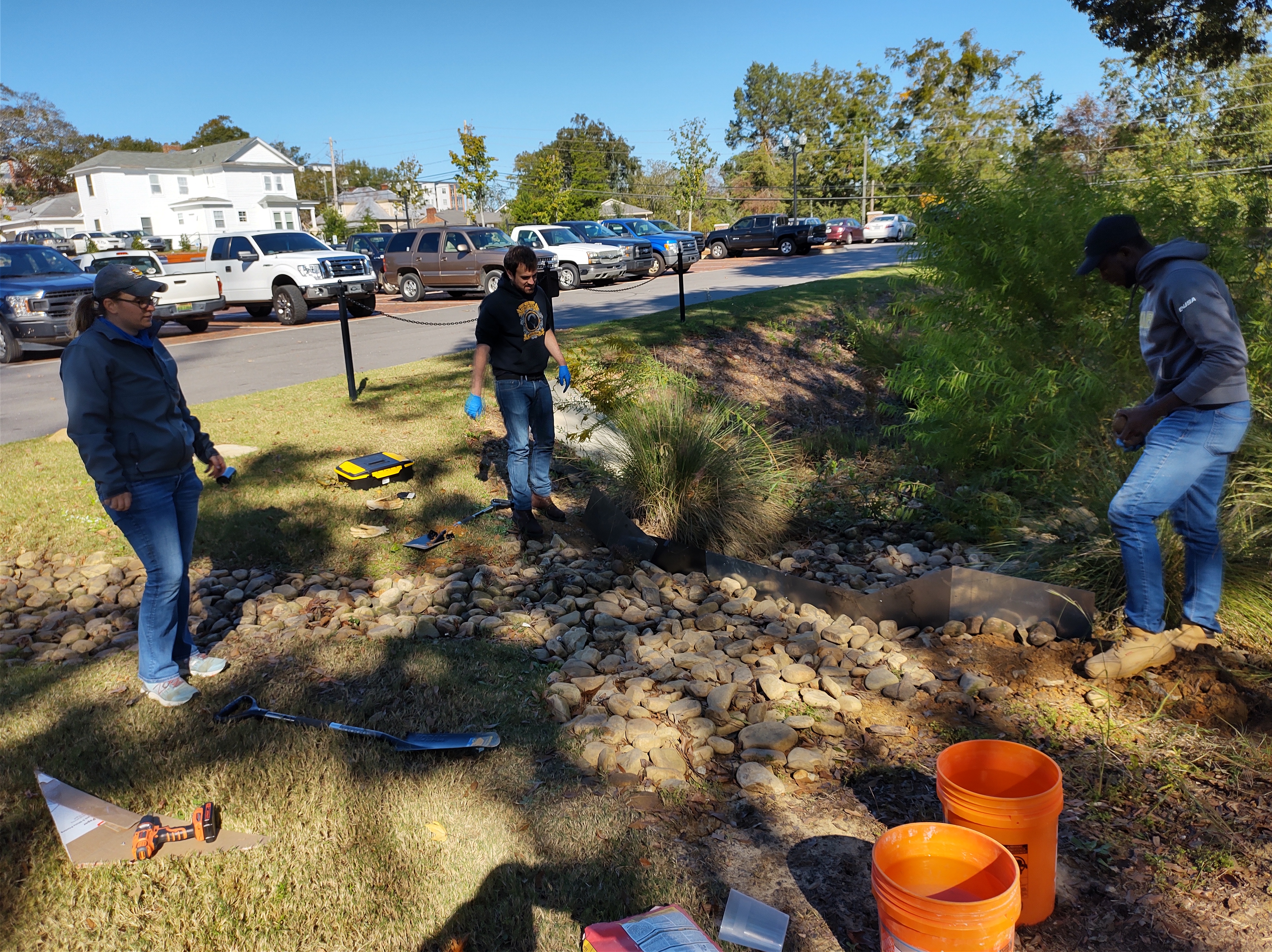
Hydrological evaluation modeling of green infrastructure practices in Auburn
